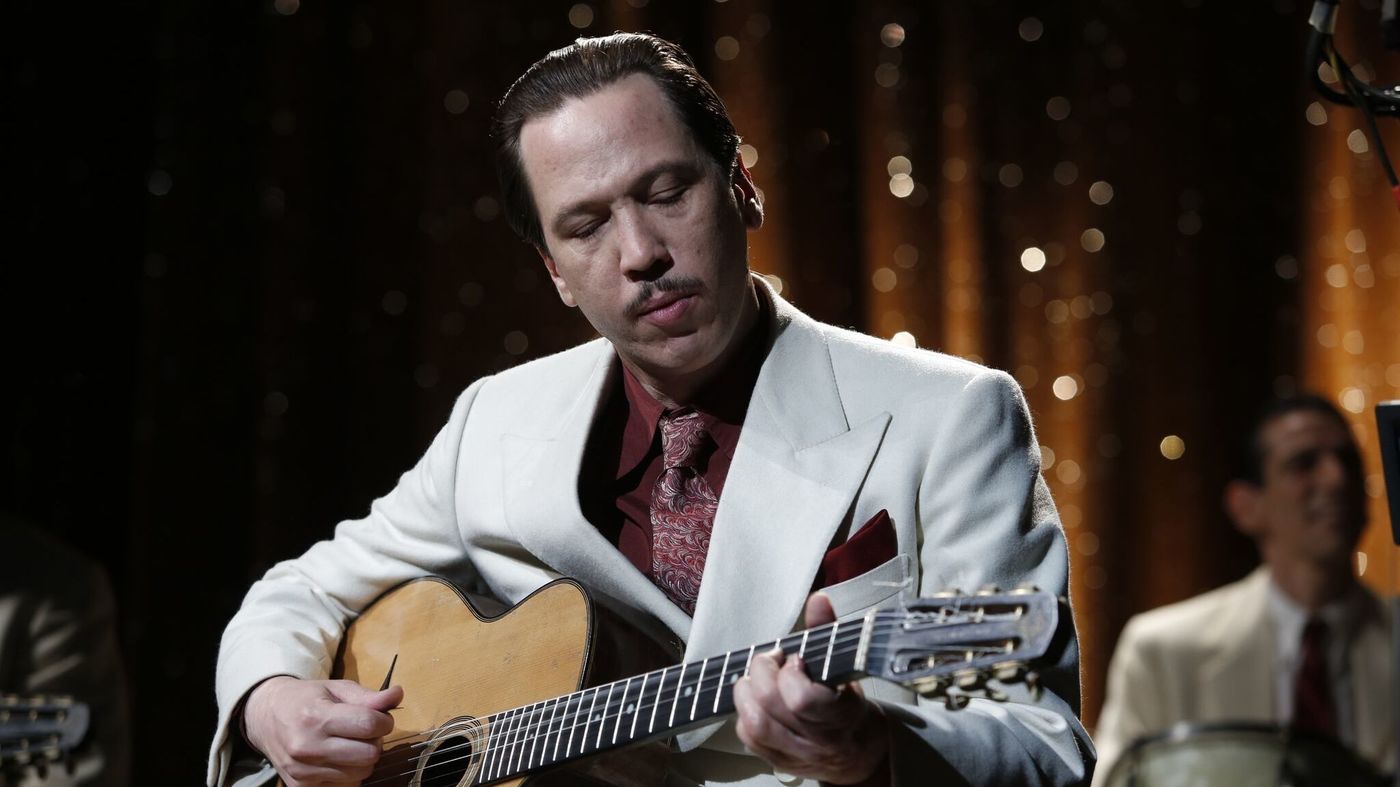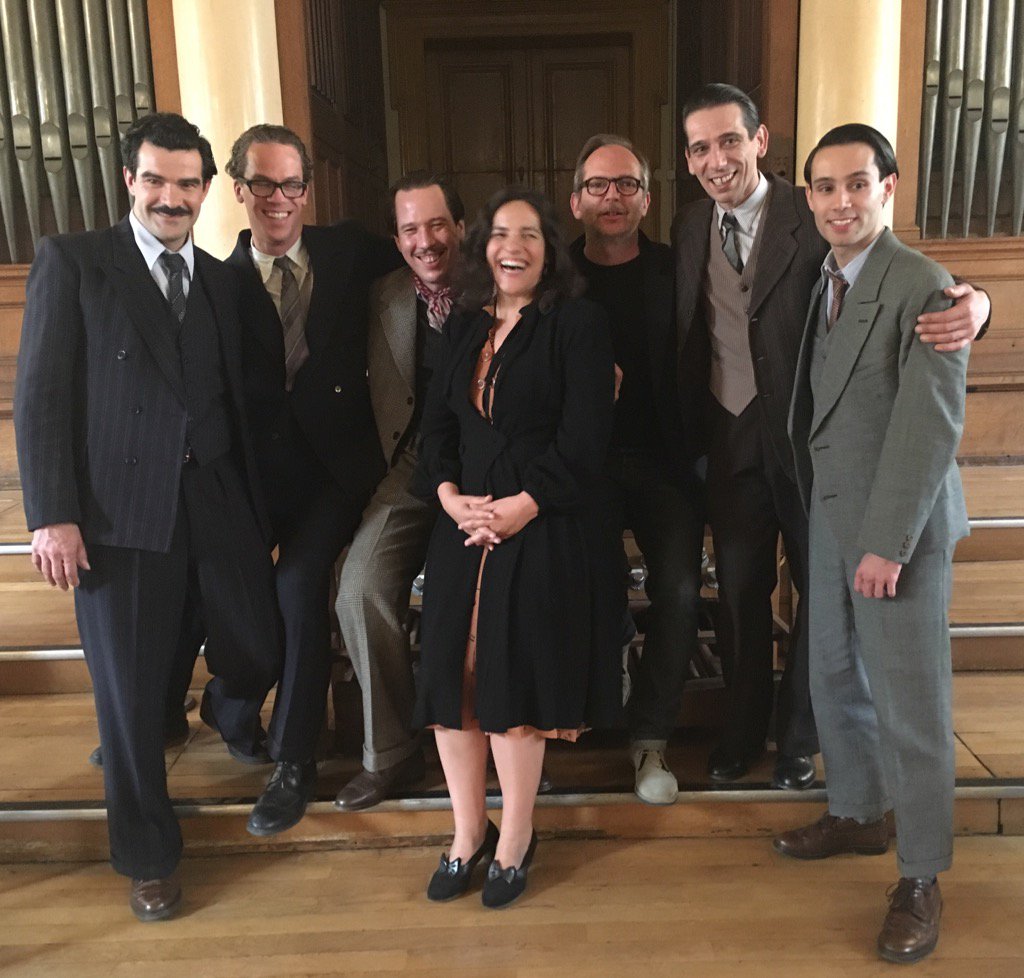Gypsy jazz ala Django in Uzès
By Michael Stevenson
It was so cool to run into this gypsy jazz quartet performing at Place aux Herbes, in Uzès last July. In this video recorded from my iPhone, the Uzès guys (never caught their name so let’s call them The Uzèsniacs ) are masterfully strumming “I Can’t Give You Anything But Love,” in that beautiful jazz manouche style.
Apologies -my cell battery sadly dies in the middle of a great guitar solo. Mert!
“I Can’t Give You Anything but Love” is an American jazz standard attributed to the Tin Pan Alley team of Jimmy McHugh (music) and Dorothy Fields (lyrics) in 1928. Fats Waller and Una Mae Carlisle recorded my favorite version of the song, and there are jazz scholars who maintain that it was actually Waller who wrote the song and sold it to McHugh and Fields for $500. Mert, encore!
The song “I Can’t Give You Anything but Love” is also famously featured in the classic screwball comedy Bringing Up Baby (1938) with Katharine Hepburn and Cary Grant. The Uzèsniacs probably learned the song from this wonderful 1936 version from Django Reinhardt et le Quintette du Hot Club de France ( listen below)



